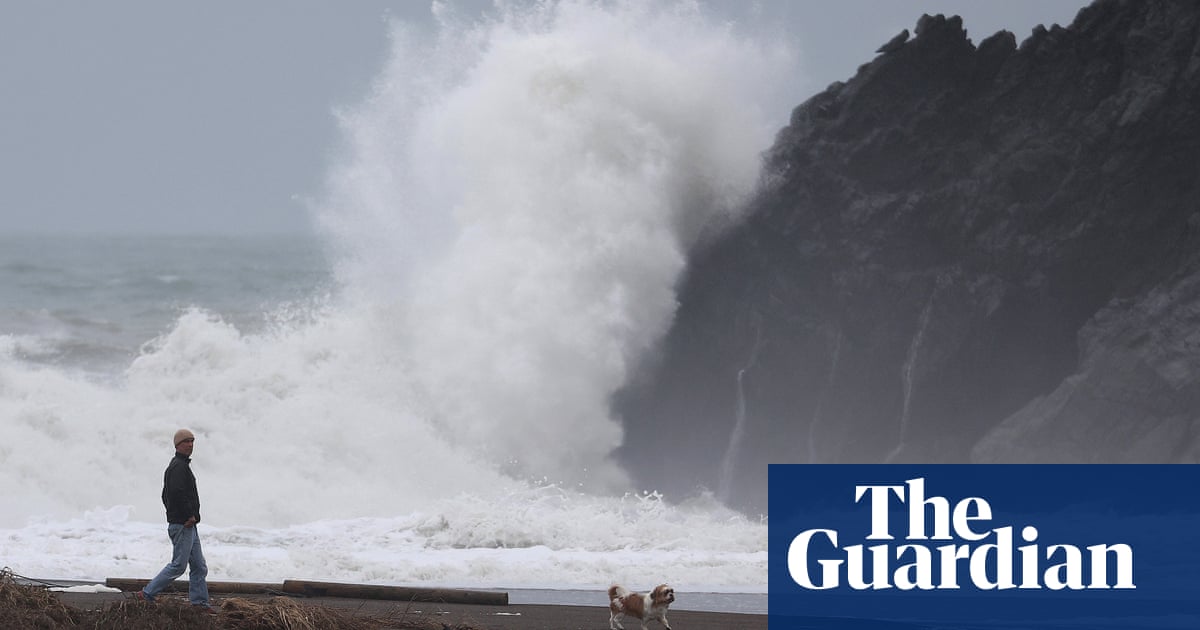Research into release of ‘forever chemicals’ raises concerns about contamination and human exposure along world’s coastlines
Ocean waves crashing on the world’s shores emit more PFAS into the air than the world’s industrial polluters, new research has found, raising concerns about environmental contamination and human exposure along coastlines.
The study measured levels of PFAS released from the bubbles that burst when waves crash, spraying aerosols into the air. It found sea spray levels were hundreds of thousands times higher than levels in the water.
The contaminated spray likely affects groundwater, surface water, vegetation, and agricultural products near coastlines that are far from industrial sources of PFAS, said Ian Cousins, a Stockholm University researcher and the study’s lead author.
“There is evidence that the ocean can be an important source [of PFAS air emissions],” Cousins said. “It is definitely impacting the coastline.”



Correction : Oceans do not emit PFAS. What they do is transport and concentrate them.
No, I’m sorry, that’s not the conclusion the industry paid for, now your kneecaps are forfeit.
Jokes on you my knees are now plastic and deform instead of break. Human 2.0 is gonna be 60% water and 60% plastics…
The PFAS is coming from inside the house!
deleted by creator